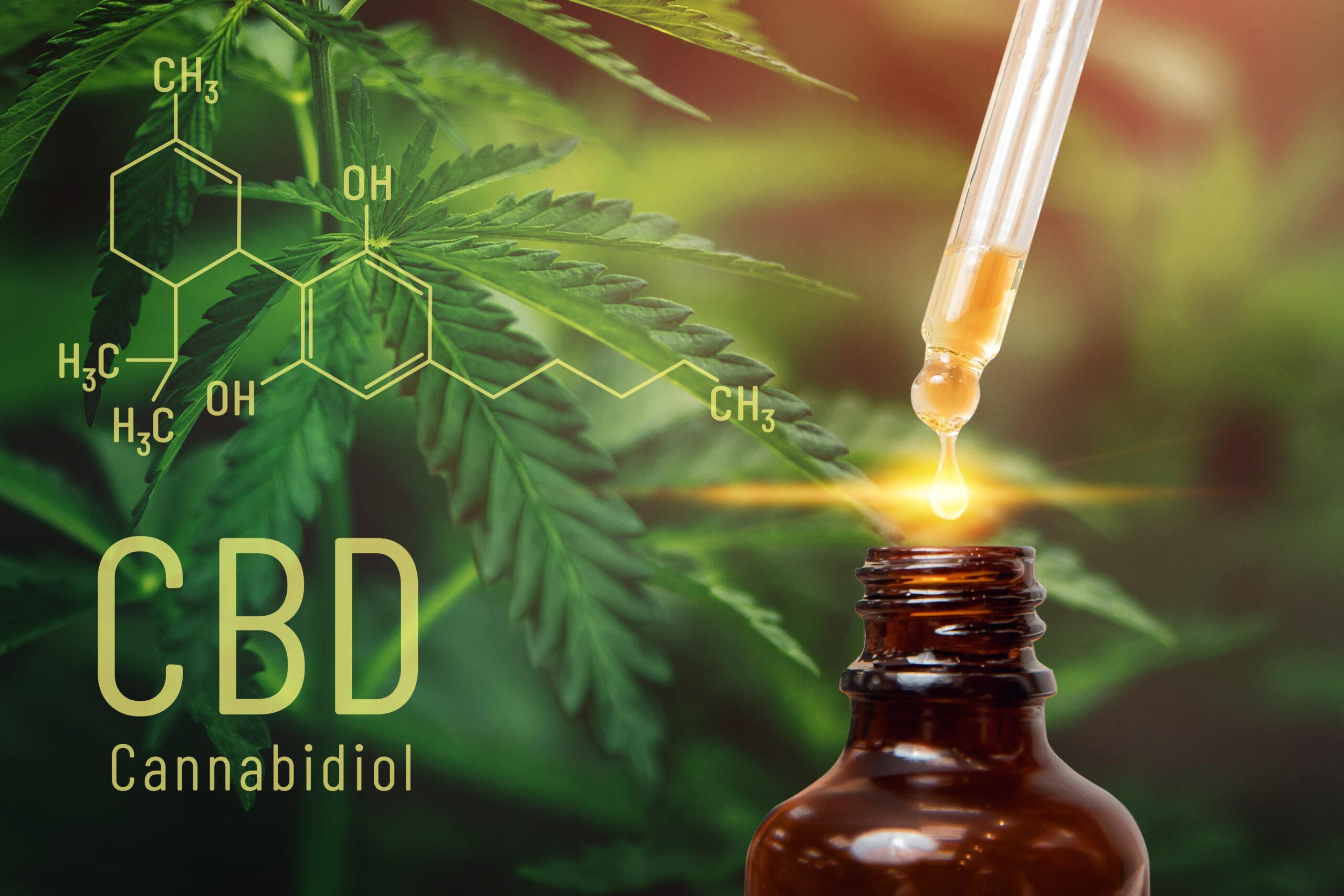
The buzz around CBD is at an all-time high. CBD, or cannabis products, is considered by many to be a perfect natural remedy for all kinds of health conditions ranging from chronic flush, anxiety, insomnia, and towards other conditions. Every day, you can count on more and more CBD-based products that you can get your hands on. But what is CBD? Before you buy any kind of item, our advice is to read our guide!
What is CBD?
CBD stands for cannabidiol. It is a naturally occurring chemical found in the cannabis sativa plant, more commonly known as marijuana or hemp. CBD does not contain THC (tetrahydrocannabinol), the main psychoactive ingredient in marijuana that gets you high; as a result, CBD products are sold as a way to enjoy the calming effects of marijuana without getting high.
As mentioned, pure CBD does not contain THC, so it should not bring psychoactive effects. However, the key word here is “pure” – you have to be careful and understand if you are actually accessing pure CBD, as many products do not undergo purity screening processes.
In the USA, the Food and Drug Administration (FDA) tested several CBD products and found that many contained different levels of CBD than stated. Some products actually contained THC.
What do we know about the health benefits of CBD?
There is a lot of buzz around the CBD market, especially because of the substances’ abilities to help people combat certain conditions such as anxiety, pain, stress, and insomnia. In recent years, more and more research is showing that indeed CBD is helping people deal with Parkinson’s disease, schizophrenia, multiple sclerosis, insomnia, and anxiety. However, it is still too early to know if CBD truly and effectively treats all of these conditions.
Are there any health risks associated with CBD?
Some potential side effects of CBD are nausea, fatigue, and irritability. However, the biggest risk with CBD is with drug interactions. CBD can react with many common medications that people take. For instance, painkillers, psychiatric medications, anticoagulants, antihistamines and more. If you are taking CBD, let your doctor know so they can review your medications to help you avoid an adverse reaction.
Additionally, some CBD products may contain harmful impurities (such as pesticides and bacteria) that can put you at additional risk. As such, pregnant and breastfeeding women should not use them.
Is CBD regulated?
In Italy, In Italy, there is no regulation of CBD products, although the process is slowly changing and more and more countries and nations are approving CBD products. The market will indeed offer cosmetics, food, dietary supplements and pet products.
However, a general lack of regulation results in a wide variation in product quality. There is often no guarantee that you will get the characteristics actually specified on the label.
Although the situation in the USA is certainly more developed than in European countries, since the FDA has not evaluated CBD products for proper dosing, there are still no clear guidelines on how much CBD is safe to take, regardless of how it is taken.
Is it safe to try CBD?
CBD comes in a variety of formulations and products and is sold by countless companies. However, consumers should be warned: not all CBD products are considered equal.
There is no clear understanding of how CBD exactly affects the human body. Research studies have identified numerous “molecular targets” within the body that could be affected by CBD. It is a fascinating drug to study, with seemingly promising potential benefits. The full understanding of its effects requires more research.
Finally, although both CBD and THC come from the same type of plant, CBD does not cause psychoactive effects or a sense of euphoria often associated with the use of cannabis containing THC.

